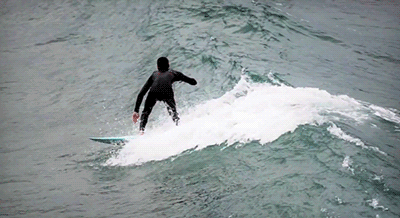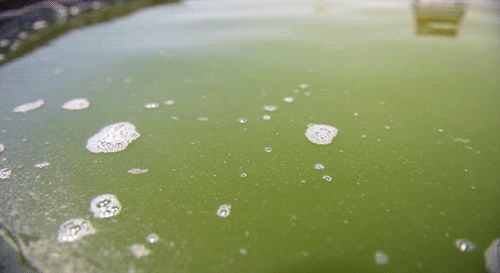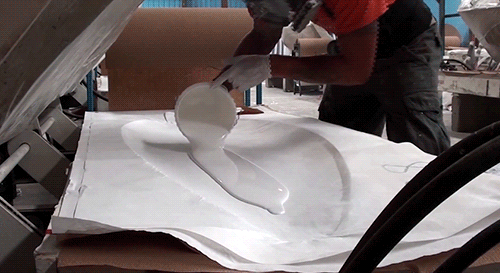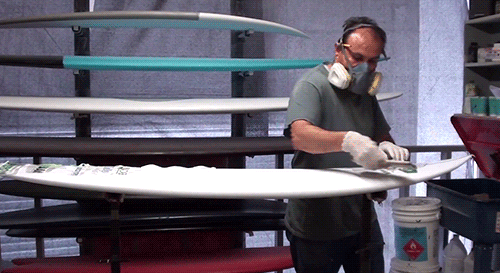Is brown the new green? UCLA researchers are using waste matter (yes, including poop) to make a new generation of advanced biofuels.
The U.S. alone annually produces over 1 billion tons of manure from agriculture, which produces nitrous oxide methane emissions, greenhouse gases 325 times more potent than carbon dioxide. But what if all this poop could have another use – one that could stimulate a sustainable biofuel movement?
Graduate researcher David Wernick talks about ongoing work at UCLA to turn manure, sewage, plant waste and even carbon dioxide out of the atmosphere into feed stocks for producing biofuels, and for making the process of manufacturing biofuels clean and sustainable.
Learn more about David Wernick’s work to turn poop (and other waste streams) into sustainable fuel sources: Will Cars Of The Future Run On Poop?
The research highlighted in this video was supported in part by the UCLA-DOE Institute of Genomics and Proteomics and a grant from the National Science Foundation.




